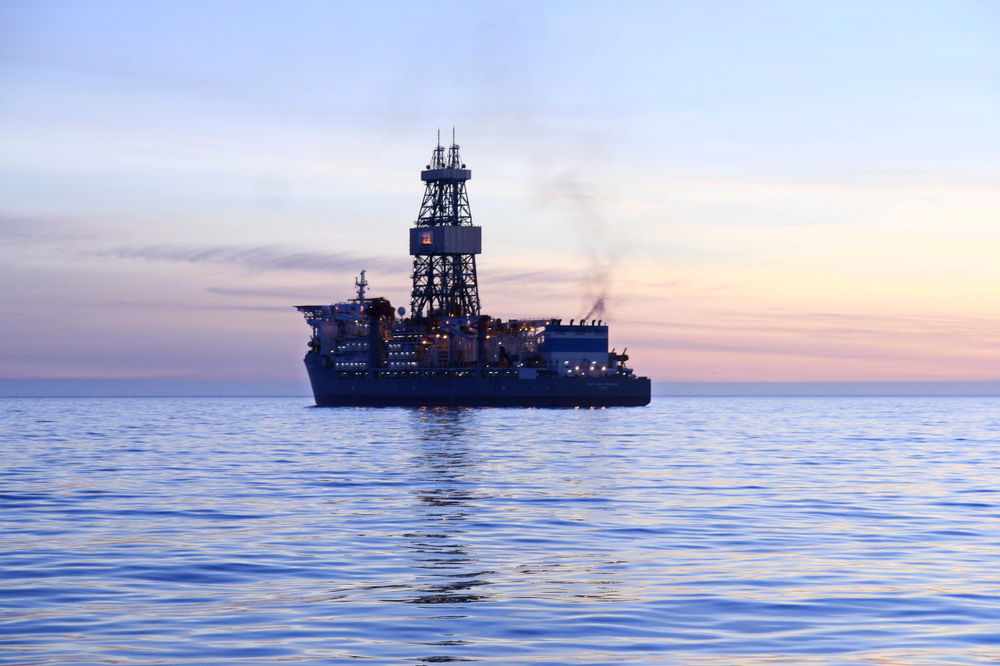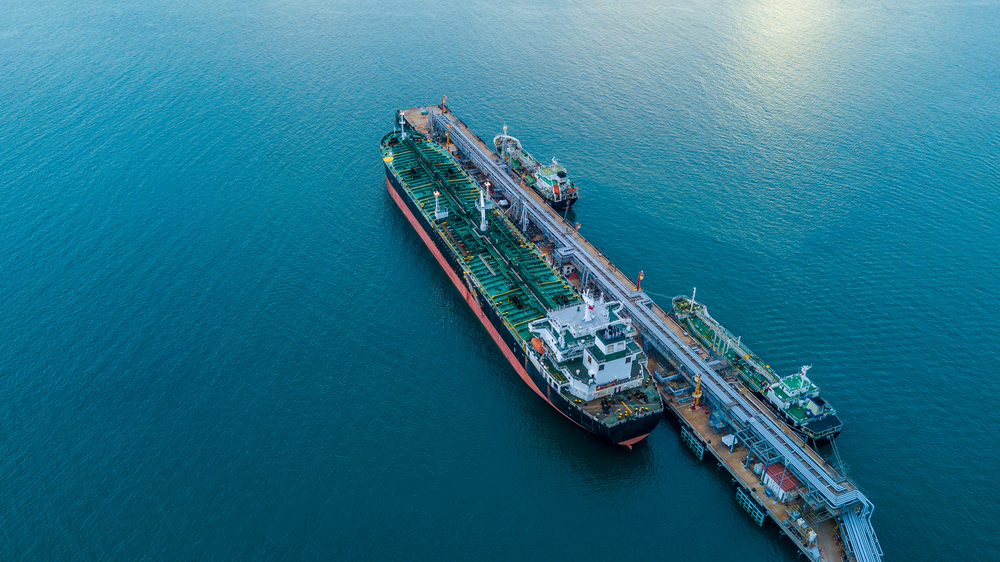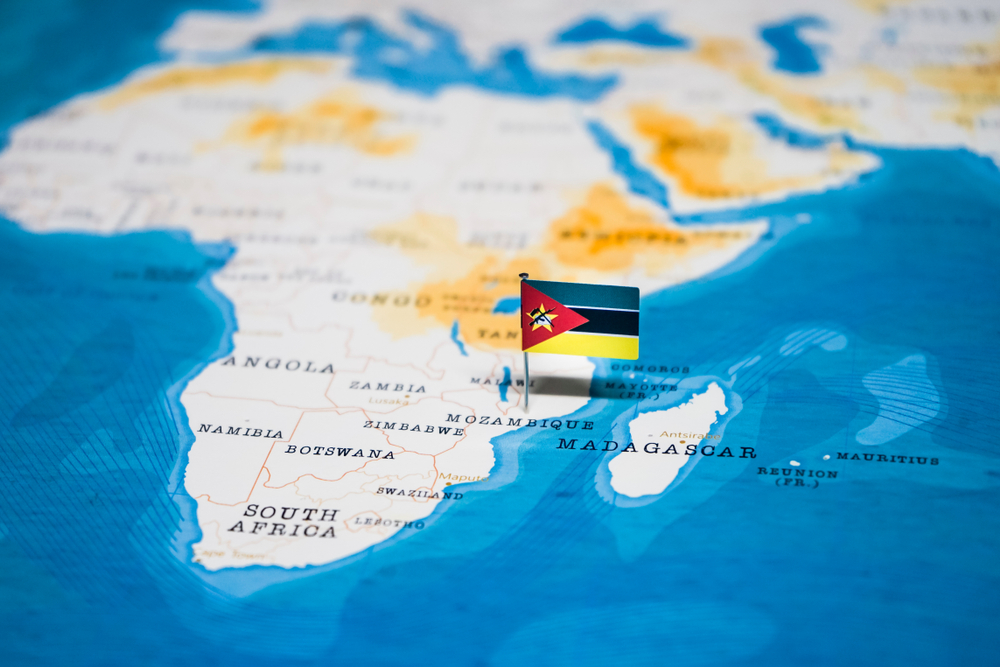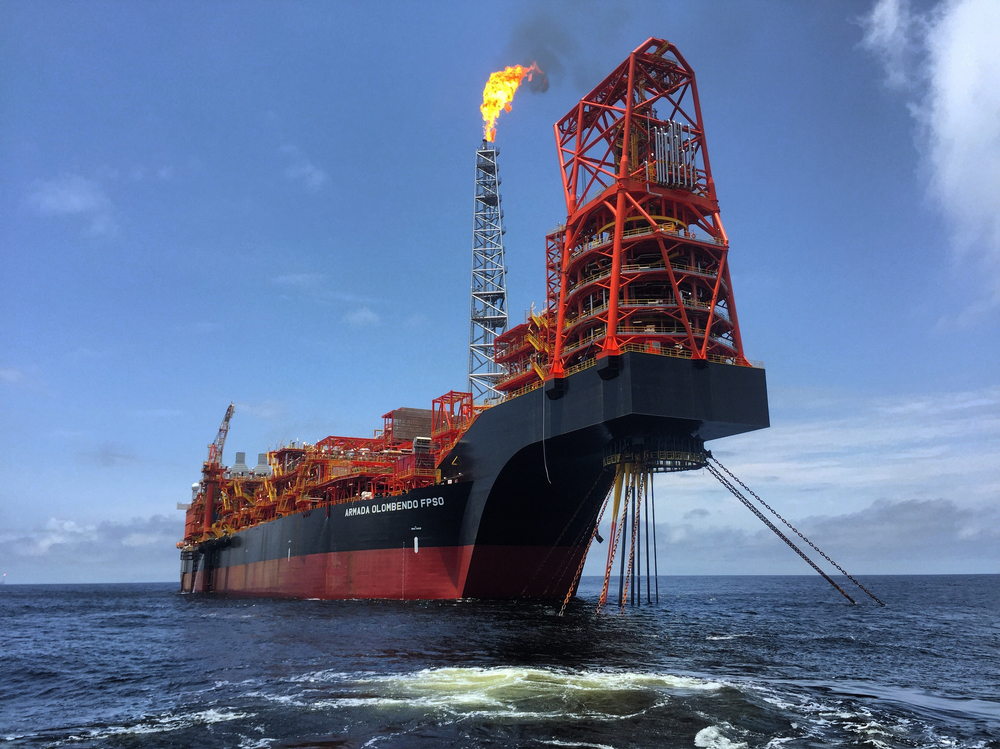
The discovery in Nigeria was made on shallow water block OML 102, which is part of a joint venture between TotalEnergies and NNPC Limited.
Located in shallow waters, 60 kilometres off the southeast coast of Nigeria, the Ntokon-1AX discovery well encountered 38 metres of net oil pay and 15 metres of net gas pay, while its side-track Ntokon-1G1 encountered 73 metres of net oil pay.
Ntokon-1G1 tested successfully up to a maximum rate of about 5,000 barrels per day of 40° API oil.
Located 20 kilometres from the Ofon field facilities on OML102, Ntokon is planned to be developed through a tie-back to these existing facilities.
TotalEnergies President, Exploration & Production Nicolas Terraz said the discovery opens a promising outlook for a new tie-back development.
“After the start-up of production of the Ikike tie-back on OML99 in 2022, this new success in the area further demonstrates the potential of nearby exploration to create value within our low cost, low emission strategy”.
Addressing the discovery, Wood Mackenzie director of upstream research Gail Anderson said Ntokon is likely to be Nigeria’s biggest shallow water discovery in a decade.
“Despite the lack of exploration in recent times, this discovery shows that there is still plenty of running room in the shallow water of Niger Delta.”
Based on analogous net pay of shallow water discoveries in the Tertiary Agbada formation of the Niger Delta, and above-average recovery from high quality reservoirs, Wood Mackenzie estimates that the field could hold resources in the range of 300 to 400 mmboe.
“Assuming 320 mmboe of reserves, a wellhead platform development of 60-70 metres water depth with up to 30 wells and a multi-phase pipeline to Ofon could achieve first oil in 2029,” said Anderson.
“This would generate a healthy IRR of 24 per cent, based on the current concession terms, with the understanding that the JV will not convert to the Petroleum Industry Act fiscal terms.”
Wood Mackenzie analysis notes that filling the Ofon facilities and the oil terminal will significantly cut emissions intensity, while a ready-made gas export route will make Ntokon a zero-flare development.
“This demonstrates the advantages of shorter-cycle tie-backs over more expensive stand-alone developments for both cost savings and lower emissions,” said Anderson.
“However, there are challenges. Nigeria is not known for short lead-times, particularly where JV projects are concerned. Ntokon will provide a test in the face of stiff global competition to see if all interested parties could quickly progress lower-cost, lower-carbon projects and allow Nigeria to kick-start desperately-needed investment and recover its declining production.”
OML 102 is operated by TotalEnergies EP Nigeria with a 40 per cent interest, alongside partner NNPC Ltd with the remaining 60 per cent.






